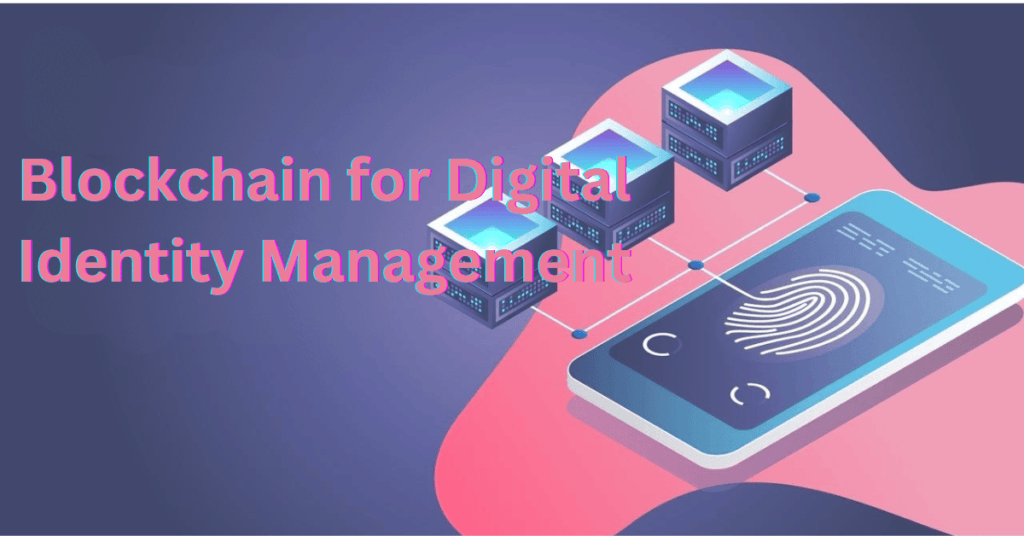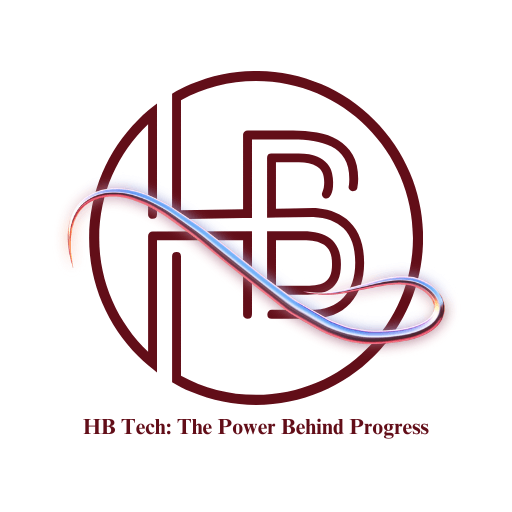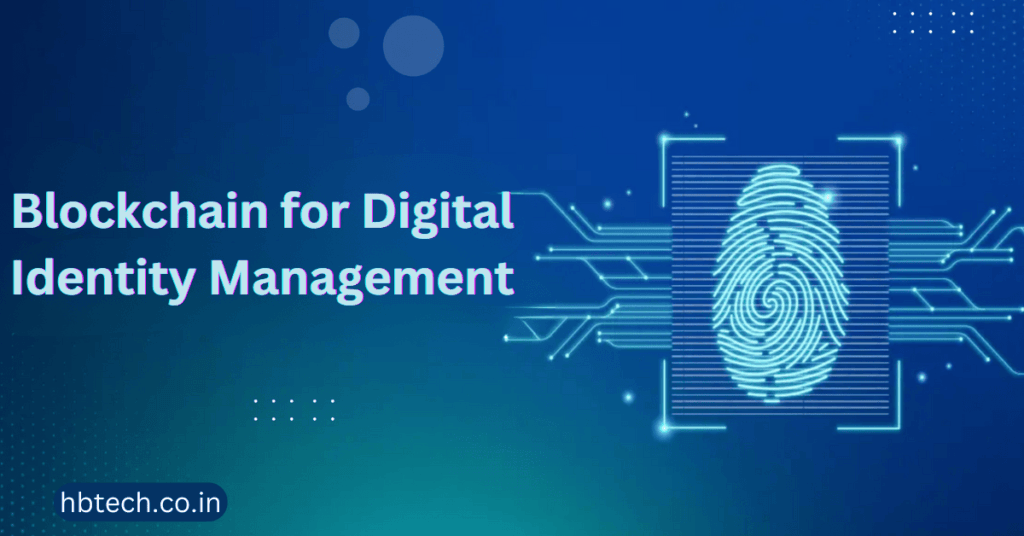In today’s world, having a secure and reliable digital identity system is more important than ever. Traditional systems for managing identities often struggle with issues like hacking, identity theft and centralized control, which can make them risky and inefficient. Blockchain technology is changing this by offering a decentralized, secure and transparent way to manage digital identities. In this article, we will look at how blockchain is improving digital identity systems , its key uses and its potential, especially in India and for government programs.

About Blockchain for Digital Identity Management
Blockchain for digital identity management is about using blockchain technology to create, store and secure identities. Instead of relying on a central authority to manage user data , a blockchain-based system allows individuals to have full control over their personal information. Blockchain ensures that identity data is safe, unchangeable and visible to only those authorized, making it perfect for many industries.
How Does a Blockchain-Based Digital Identity Management System Work?
A blockchain-based digital identity system uses cryptography and a decentralized network to keep identity data secure. Here’s a simple breakdown :
- Decentralized Storage : Identity data is stored across many nodes (computers) on the blockchain instead of a single database.
- Security with Cryptography : Special cryptographic keys ensure only authorized people can access or change the data.
- User Control : Users can decide which parts of their identity to share and with whom, keeping their privacy intact.
- Unchangeable Records : Once data is added to the blockchain, it cannot be edited, making it trustworthy.
- Quick Verification : Using smart contracts, identity verification becomes faster and more accurate.
Real-World Uses of Blockchain for Digital Identity
Blockchain has the potential to transform how we manage identities. Here are some key areas where it can be used :
- Government Identity Systems : Governments can use blockchain to issue secure and transparent identity documents, such as passports or Aadhaar cards in India . This reduces identity theft, duplicate IDs and fraud.
- Banking and Financial Services : Financial institutions can use blockchain to simplify KYC (Know Your Customer) processes. Customers can share verified identity data with different banks or platforms without repeatedly going through checks.
- Healthcare : Patients can securely store and share their medical records using blockchain. This ensures that sensitive health data is private and only accessible to approved doctors, hospitals or insurance providers.
- Education and Employment : Blockchain can be used to manage academic certificates and job records. This ensures credentials are authentic and cannot be faked, helping employers verify job applicants easily.
- Public Services : Blockchain makes accessing government services like voting, taxation and welfare programs easier and safer. Citizens can interact directly with the government without needing intermediaries.
- E-Commerce and Payments : Blockchain-based identity systems help ensure secure online transactions and prevent fraud in e-commerce and digital payments.
Role of Blockchain for Digital Identity Management in India
India’s digital economy is growing rapidly, but managing the identity data of its large population comes with challenges. Initiatives like Aadhaar have set the stage for digital identity systems, but concerns about privacy and data breaches remain. Blockchain for digital identity management can solve these issues by offering a decentralized and secure system.
Several projects in India are already exploring blockchain for digital identity :
- Land Records : Using blockchain to store land ownership data helps reduce fraud and ensures transparency.
- Education Credentials : Managing school and university certificates on the blockchain ensures they are genuine and easily verified.
- Healthcare Data : Patients can safely manage and share their medical information.
By combining blockchain with existing programs, India can improve citizen services, protect data privacy, and create a more efficient system for identity management.
Key Benefits of Blockchain for Digital Identity Management
- Better Security : Blockchain uses advanced encryption to keep identity data safe from hackers.
- User Privacy : People have control over what identity details they share.
- Eliminates Fraud : Blockchain’s unchangeable records prevent duplication and tampering.
- Efficiency : Verifying identities becomes faster, saving time and money.
- Transparency : Every action on the blockchain is visible , improving trust.
- Global Use : Blockchain-based identities can work across countries, making travel and international banking easier.
Future of Blockchain-Based Digital Identity
More governments, companies and individuals are recognizing the benefits of blockchain for digital identity management. Countries around the world are testing blockchain- based identity systems and India has the potential to lead in this area. New innovations like self-sovereign identity (SSI) and decentralized identifiers (DIDs) will make identity systems even more secure and user-friendly.
Blockchain technology is revolutionizing how we manage digital identities by making the process more secure, private and efficient. From government programs to banking, healthcare and education, blockchain-based solutions are solving many challenges faced by traditional systems. In India, adopting blockchain for digital identity management can improve national infrastructure, protect citizens data and empower individuals to control their own identities. As blockchain technology continues to evolve, the future of digital identity will become more decentralized, secure and accessible for everyone.
Frequently Asked Questions(FAQs)
What is blockchain-based digital identity management?
Blockchain-based digital identity management uses decentralized technology to securely store and manage personal identity data.
How does a blockchain-based identity management system work?
It works through decentralized storage, cryptographic security, user-controlled access, unchangeable records, and smart contracts for quick verification.
What are the real-world applications of blockchain for digital identity?
Blockchain is used in government identity systems, banking, healthcare, education, employment, and e-commerce.
What does the future hold for blockchain-based digital identity?
Innovations like self-sovereign identity (SSI) and decentralized identifiers (DIDs) will make identity systems more secure, user-friendly, and globally accessible.









